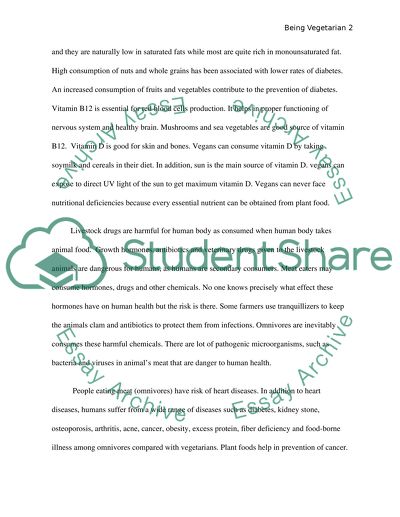Cite this document
(“Argue against a commonly held belief - Being Vegetarian is a Matter of Essay”, n.d.)
Retrieved de https://studentshare.org/environmental-studies/1419689-argue-against-a-commonly-held-belief-being
Retrieved de https://studentshare.org/environmental-studies/1419689-argue-against-a-commonly-held-belief-being
(Argue Against a Commonly Held Belief - Being Vegetarian Is a Matter of Essay)
https://studentshare.org/environmental-studies/1419689-argue-against-a-commonly-held-belief-being.
https://studentshare.org/environmental-studies/1419689-argue-against-a-commonly-held-belief-being.
“Argue Against a Commonly Held Belief - Being Vegetarian Is a Matter of Essay”, n.d. https://studentshare.org/environmental-studies/1419689-argue-against-a-commonly-held-belief-being.


